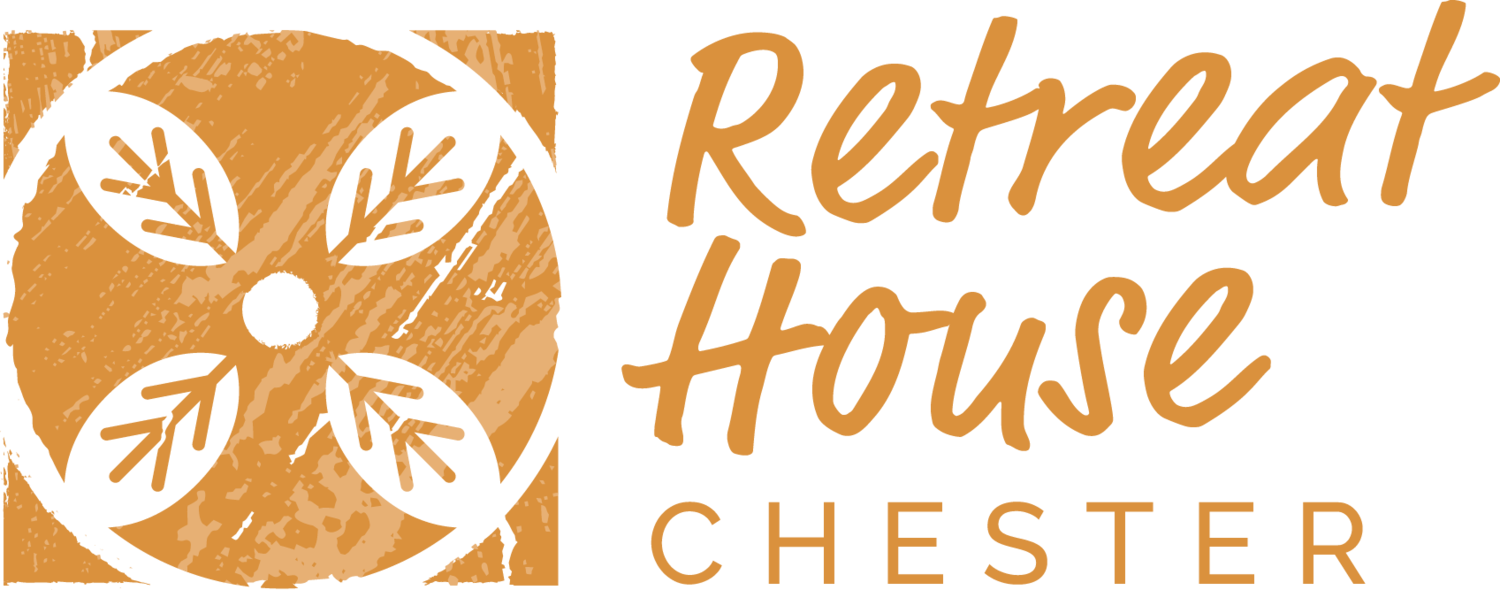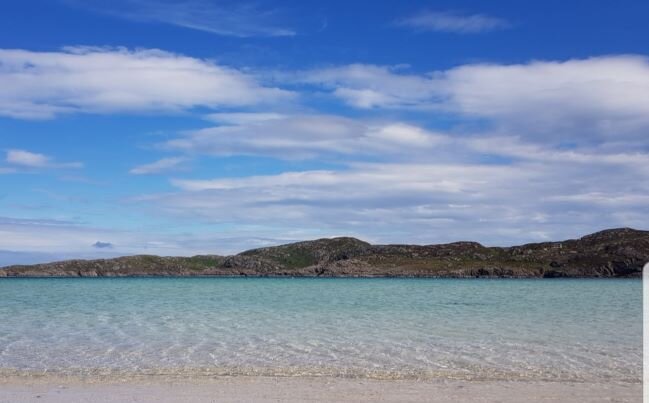July Blogging: Summer Rest and Reading
“If you have a garden and a library, you have everything you need,” said Cicero in Ancient Rome. Maybe, maybe not... but we get what he means. And oh for a simple life, in these so-complicated times. Maybe, now and again, over the summer we might find a moment or two to make life simple.
May we suggest some reading? Last week, RHC Book Club (which isn’t really a club) gathered on what has become trusty Zoom to hear one another’s summer reading suggestions. “Ah, how good it is to be among people who are reading,” said the poet Rilke not as long ago as Cicero – and, sharing our variety of suggestions, we couldn’t have agreed more. It was, as one of the group commented later, just delightful.
So July’s blog allows us to share those suggestions with you now. Our invitation was to bring a book that in some way connected with Christian spirituality. The wise among us know that that does not mean it has to be about Christian spirituality, or ‘holy’. Is it about compassion, longing, hurt, faith, hope, wonder, love, adventure... about our humanity and our world, our spirit and our life? Then that counts. And so in a short hour and a half, through accounts, readings and conversation, we revelled in variety, in things we knew and things that were new. Allow us too, then, to offer a word of caution and a disclaimer: none of these is endorsed by RHC! Read at your peril.
First up, we had three novels. The Midnight Library by Matt Haig, for its fantasy and escapism, its perception on suffering and (spoiler alert) happy ending. The Phonebox at the Edge of the World by Laura Messina for its understanding of the slow process of grief, as well as its Japanese setting. And This is Happiness by Niall Williams for its portrayal of 1950s Irish village life. We won’t tell you the plots here – all details can be readily found online; rather, we’ll say how we noted the joy in reading wisdom and depth in a story, with an undercurrent of human faith and belief, how certain books can remind us of our childhoods and nostalgia for the familiar, how some can be rooted in places we’re visiting.
Our next suggestion followed on nicely, picking up on the sense of place. Celtic Quest by Robert Weston, with its history and fantasy, took us on the path of St Cuthbert and with a reading set in the midst of mountains and lakes. We could almost have been lying back in the little boat ourselves, looking up at the sky above. This suggestion was inspired in part by the attention RHC has given to ‘pilgrimage’ in these recent months. Especially dear to this reader was the sense of walking alongside others, in soul friendship, and how very important that has been this year. Our reading helps us recognise what’s important to us.
Then we had a true account of working with refugees and asylum seekers. Travel and arrival and departure of quite another kind, and so very deeply human. The Book of Boaz by Dave Smith was a choice inspired by this reader’s involvement with Chester as a City of Sanctuary. It was an account of risk and faith – both of those who travel and of the author who works to support them. A tale, this reader said, ‘of things happening that you can’t believe will happen’, told with a surprising lightness of touch while still serious. This ended with our reader reading to us a short story she had written herself. We noticed the importance of telling stories and giving voice.
We wondered what could follow that, and found that the next suggestion in fact followed on well. Border: a Journey to the Edge of Europe by Kapka Kassabova tells stories of crossing of the borders of Bulgaria, Turkey and Greece as the author, living in the Scottish Highlands, traces her roots. A reflection too on East and West, a relationship which underlies so much in study and understanding of ‘spirituality’. We were treated to a reading of a dancing priest, and its joy and humour (all the more so, given this particular reader...). We noticed the joy in reading that offers an encounter with the world, observing that travel books have increased their sales even as we cannot travel. Perhaps this kind of thoughtful cultural encounter, as readers rather than simply tourist visitors, makes the world a better place.
And then another novel, this time Eyrie by Tim Winton – the Australian author keeping our attention global. Themes of people on the edge, of ecology, indigenous character and relationship – offering us a perspective worthy of attention. A reading brought out the value of relationship in its myriad forms, rooted in character, and the underlying background of faith to the character’s lives. How stories about convincing characters and their lives and relationships can put us in touch with authenticity, truth, humanity and compassion, and how relationship itself is spiritual: all these were there.
Then two suggestions in one, with a common theme of Benedictine monastic life. Hildegard of Bingen as a 12th century German-born nun was someone to read about – especially perhaps in the account from Matthew Fox. A woman for our times, her polymath character ranging from mystical visions to the amount of nutmeg it’s helpful to ingest before it becomes too much. This reader’s enthusiasm for another woman of love, justice and courage was infectious. Alongside this, the Cadfael books by Ellis Peters, this fictional character set at the same time as Hildegard, also monastic, but ‘local’ with a Shropshire setting. These monastic characters from the Middle Ages – real and fictional – were alive to us: through our reading we can encounter other times as well as other places, and find that some themes are perennial.
And so to our close – with poetry. The ability of poetry to calm the busy mind inspired this choice for summer reading. To calm, but not anaesthetise: this reader found poetry could take her to truth, rawness, beauty by its filtering and distillation, using just the right words in the right way. Sitting with a poetry anthology and browsing through poems both familiar and new was recuperative and restorative – just right for summer. Such enjoyment could be found perhaps with the connected anthologies of modern poetry, Staying Alive and Being Human edited by Neil Astley. We closed with a poem about peaches to send us into Summer.
“A book is a dream you hold in your hands,” according to writer Neil Gaiman. This morning we had heard a little of others’ dreams, of what’s in the soul. This summer, let’s keep reading.


